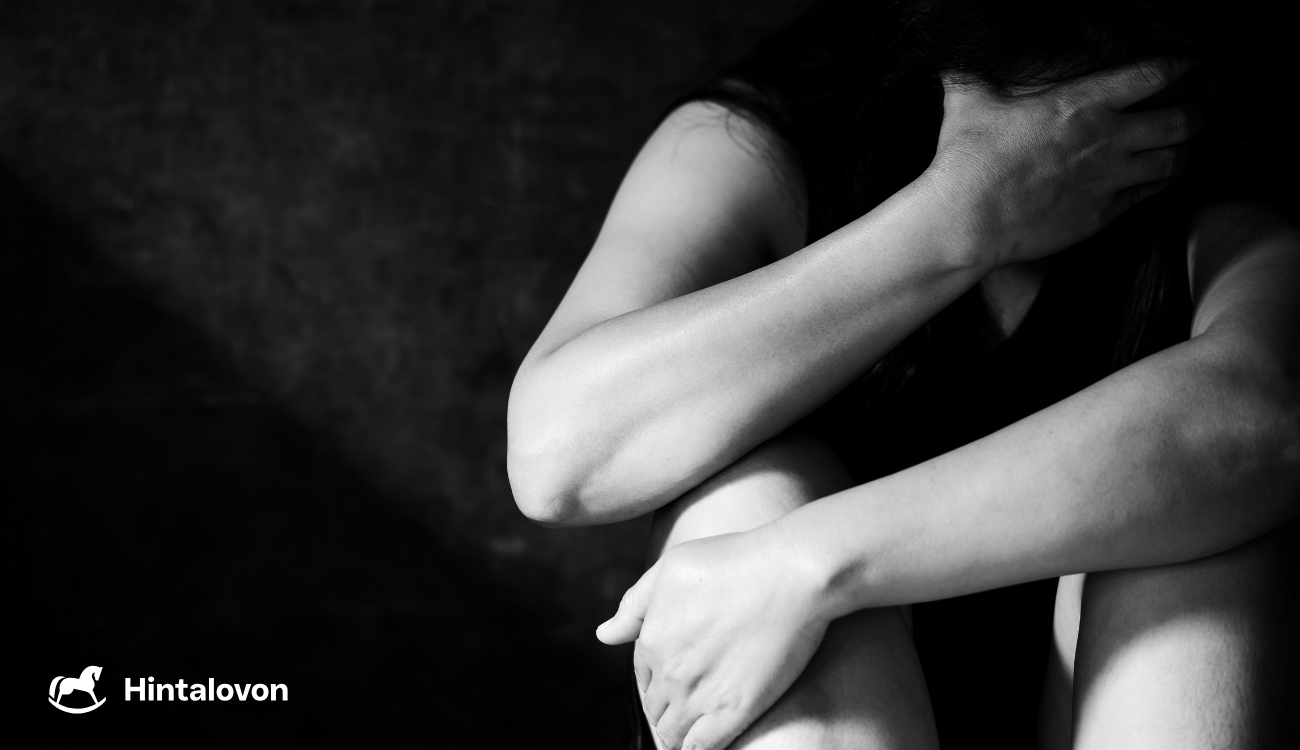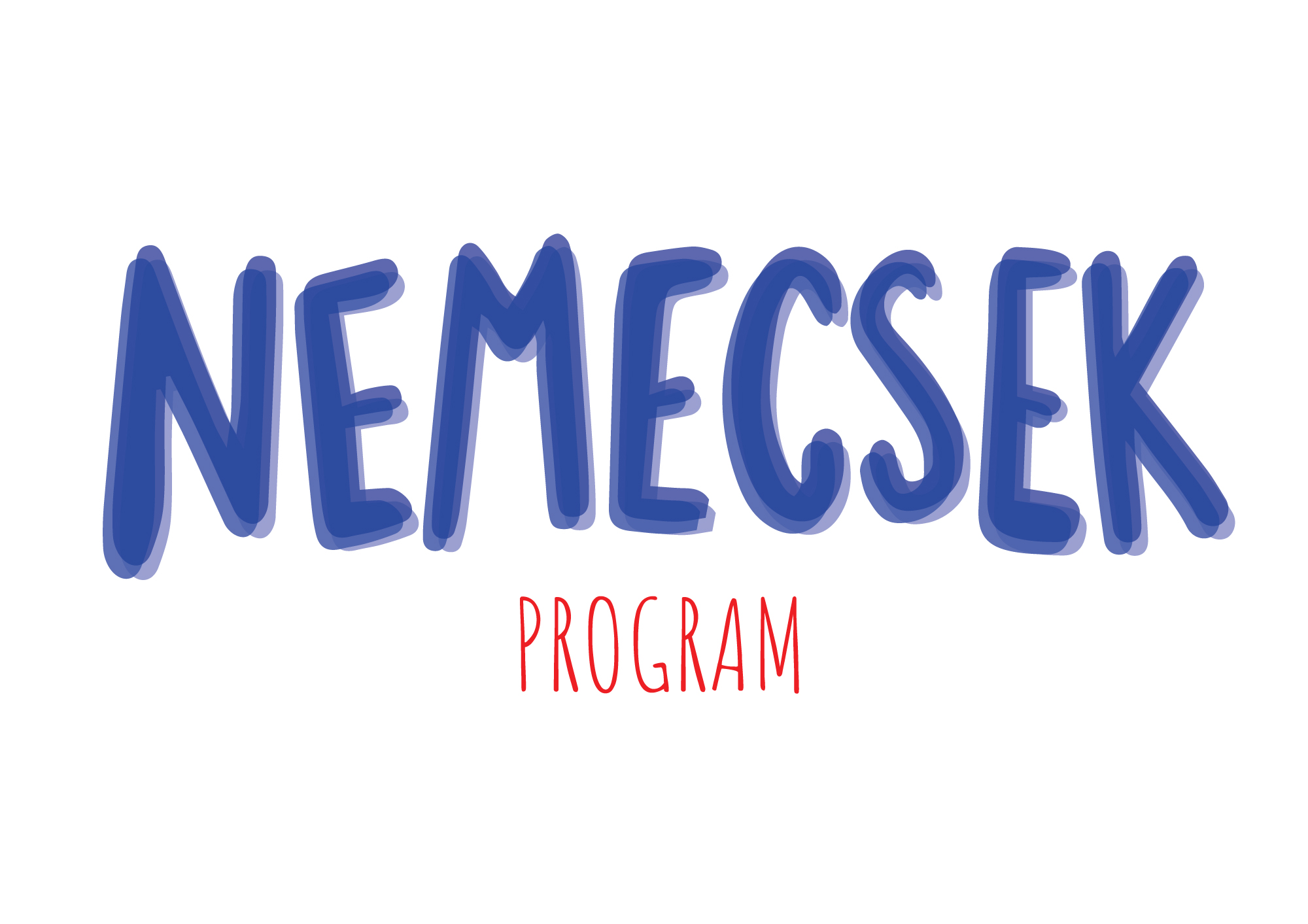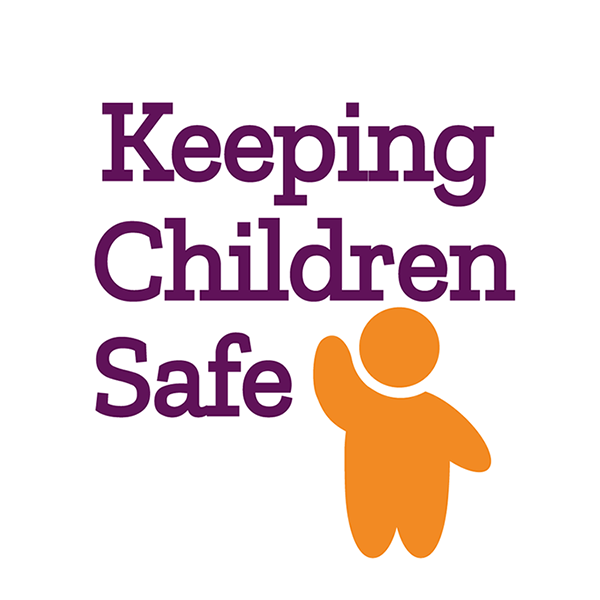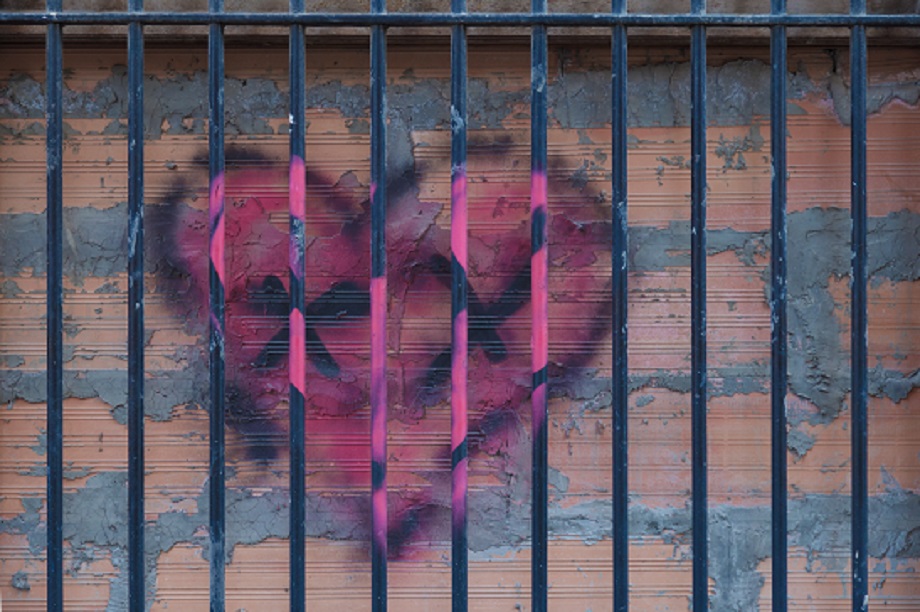Safeguarding Children – NEMECSEK Programme
A school is not just a building. The city is not just a place. They are communities, made up of children and adults together. We can all do a lot to make sure the children around us are well and safe. The NEMECSEK Programme was created so that everyone knows how to prevent abuse and what to do when a child is being hurt. Whether it’s a nursery, school, sports club or even a local authority, our professional materials, training and development of a child safequarding policy will help you create a safe community.
Where is the line?
What should I do if I am abused? What can I do if anyone else is abused? When and who can I ask for help? How can I prevent abuse? As a child or as a professional working with children there are many questions and dilemmas that emerge within the communities. Emerging conflicts are various, their solution is not always so easy, but they have one thing in common: each case offers the possibility to do something better next time.
Our Impacts
We can mention many numbers regarding the NEMECSEK Programme, however we prefer not to measure its success by counting them. Our aim is that no name of any children will be written in lowercase letters, as it happened with the name of Ernő Nemecsek (in the book of The Paul Street Boys) . And we also want adults to realize in time if a child needs more attention within the community.
Our colleagues
Ágnes Végerbauer-Rosta
NEMECSEK Programme - professional staff member
Barbara Vásárhelyi-Kiss
Communication and Project Manager
Gergely Vaskuti
NEMECSEK Programme - Professional Leader
Kata Stáhly
NEMECSEK Programme - Professional Leader
Our partners

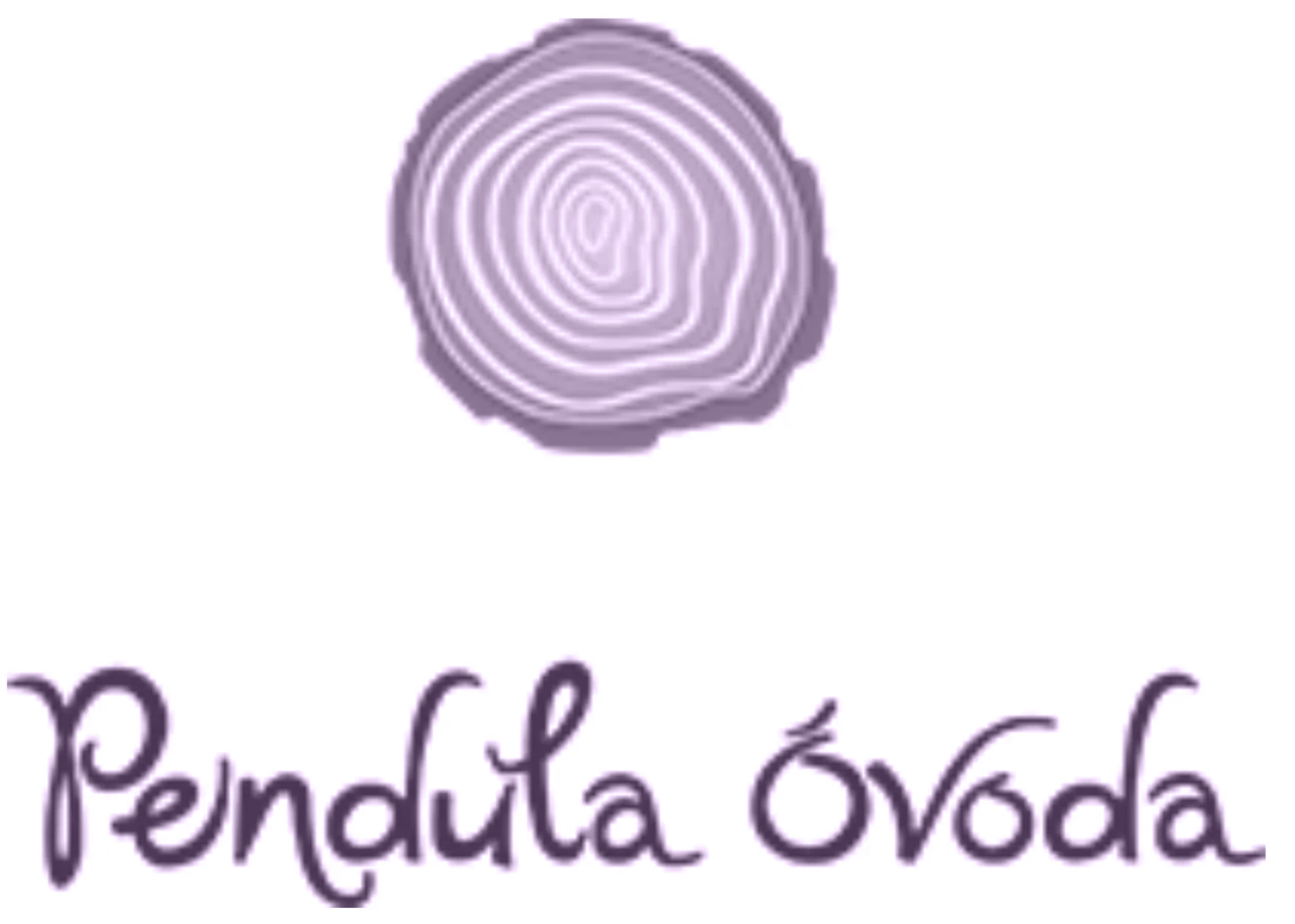

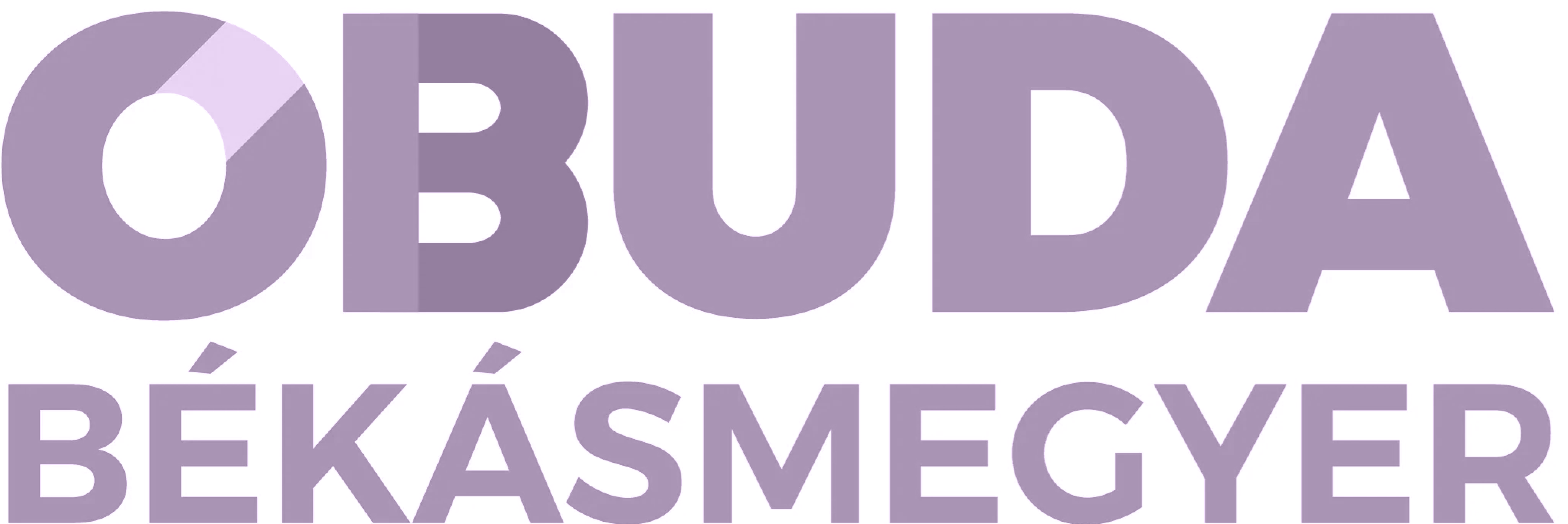
Our references
“Óbuda-Békásmegyer Municipality has made a long-term commitment to the importance of child protection. The Municipality believes in standing up for the safety of children and facing up to child abuse. This is the only way to make institutions safer and more transparent. Parents and carers must be supported in prevention, detection and treatment, and the Foundation supports this work through its professional partnership.”
“We have chosen to work with the Hintalovon Foundation because of their vast professional knowledge and experience in child protection situations, which are very important to us. There is no doubt in the minds of the Foundation’s staff that each school has to find the system it can best run on its own. With their support, we have been able to produce our Child Safeguarding Policy, which helps us to recognise, understand and act effectively. While we have learnt a lot from them, we have also seen that they are constantly learning from working with us. It is this mutual learning that builds trust and empowers each other. Improving each other as equals: that is the dream of every school.”
“ We believe that a truly inclusive and accepting kindergarten is built on core values that recognize the uniqueness of every child and adult in their lives. In collaboration with the Hintalovon Foundation, we developed a living document—our Child Safeguarding Policy—that protects and celebrates the diversity of all children.”
“As a result of our collaboration with the Hintalovon Foundation, we are committed to creating a safe environment by paying close attention to children. If we identify a child facing a difficult situation, we will provide support to help resolve it. We also welcome and take all feedback seriously. While delivering a quality entertainment and theatre experience, the safety of children remains our top priority, as reflected in our Child Safeguarding Policy.”
